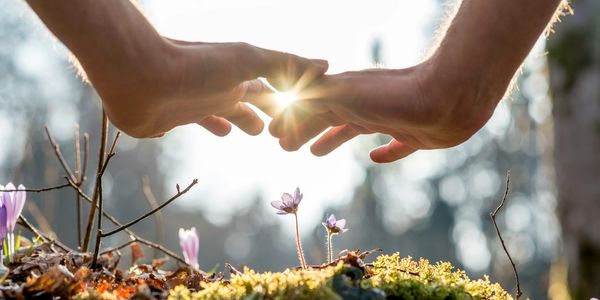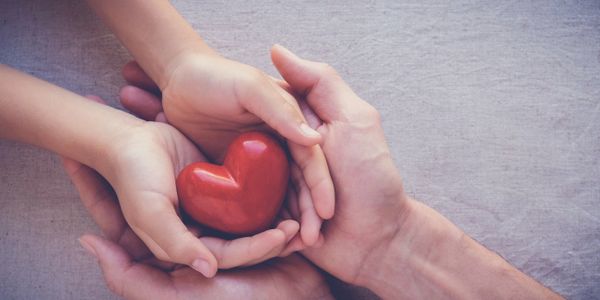Articles

When our own reserves are depleted are we able show up for someone in need? When we feel burnt out are we able to function to the best of our abilities at work? If we feel physically or emotionally drained can we fully listening and care for our children or significant others at the end of the day? Engaging in Self-Care allows us to focus on what in our lives needs attention so we can have the strength to help others, that is what Self-Care provides.
Self-Care is not all about getting massages, manicures, or going to the gym. Self-Care is not about how much time or money you’re putting into yourself. Self-Care can also mean getting that much needed nap in, paying for a babysitter for date night, having clean laundry, calling a friend to chat, or sending funny group texts to your girlfriends.
This act of taking care of yourself can look very different for everyone, so if yoga and meditation is just not your thing, then go for a run or bike ride. “Veg” out on Netflix for a weekend, or enjoy a cheat meal at your favorite pizza joint or burger hangout. Self-Care is giving yourself time to do what brings you joy, with moderation of course.
There is a saying “put your mask on before attending to someone else”, this cannot be emphasized enough. If you do not take care of your own basic needs you will NOT be in a healthy place to care for others. So the next time someone says that taking time for yourself or asking for help is selfish hold you head up and say, “yup!”

So, when I say asking for help is a sign of weakness, I am telling you the truth! We ALL have weaknesses. It is through acknowledging our weaknesses and asking for help, assistance, and guidance, that we move beyond our fear of failure of what we can’t do, and embrace what we can be. We gain knowledge and skills when we test our abilities to do something, ANYTHING! We teach our neurotic brain that our perceived limitations do not have to define our lives as stuck, mediocre, mundane and done; as if there is nothing more we could have or do. Stepping outside our negative belief system and exposing our vulnerable inexperienced selves opens the doors for impossible possibilities.
Weakness does not have to be something to fear and prevent. Weakness is a sign that we have something more to learn, there is still something we can do to enhance our skills, our minds, and our lives. Weakness is not to be seen as something to avoid, but as an opportunity to explore and improve. Identifying a weakness is a strength, the aptitude to identify our humanness and our ability to persevere when we may fail. My favorite quote reminds me of the importance to overcome the fear of weakness.
“What would you do if you knew you could not fail?” ~Robert Schuller
